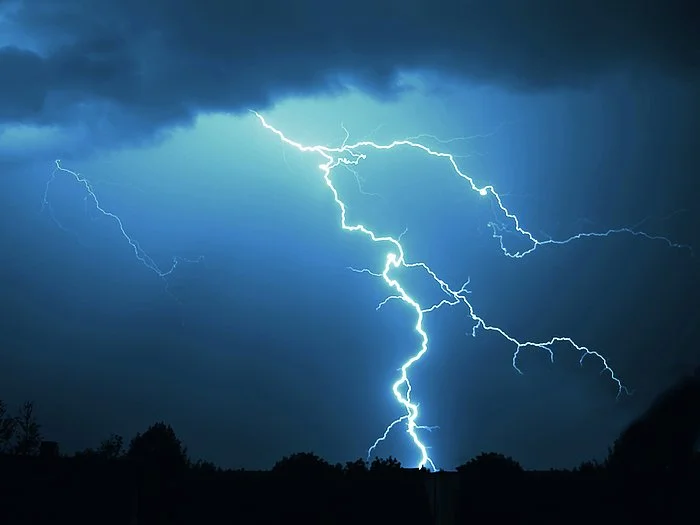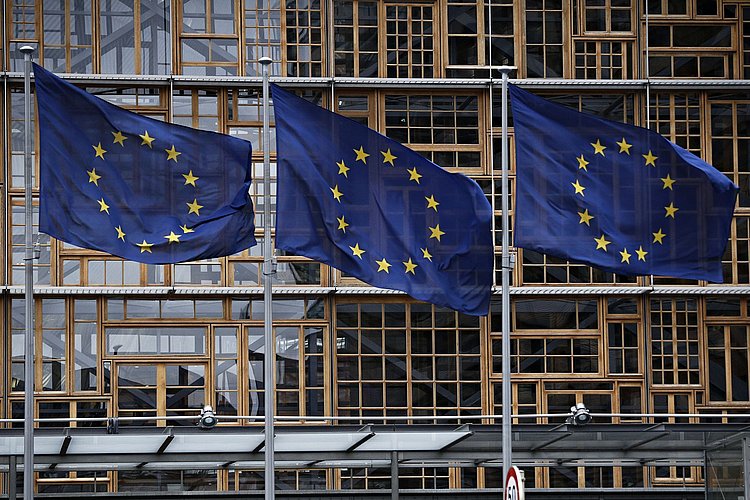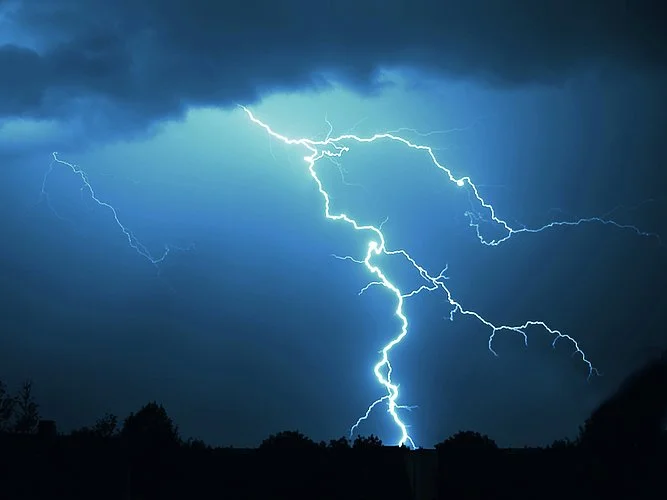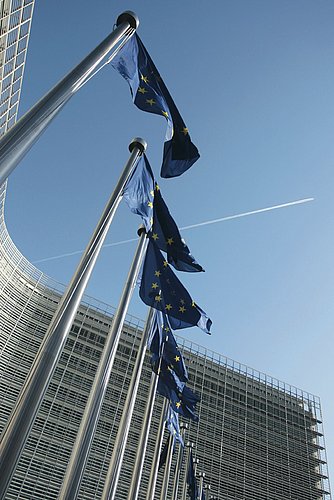State aid law as a „super competence“ – how the EU forms German energy law
BRX Update: State aid / Beihilferecht
German energy law has changed considerably in recent years. Numerous new regulations are based on the requirements of European state aid law. In this way, the EU has a considerable influence on the German energy policy. The question is to what extent this is compatible with the distribution of competences in the EU.
Allocation of competences between EU and Member States
EU action in a policy area presupposes that it is given the appropriate powers in the European Treaties (principle of conferral). This applies in particular to the creation of binding legislation. Without such conferral, responsibility for the matter in question lies with the Member States. The competence of the Member States is therefore the rule and that of the EU the exception.
Competencies in the energy sector
As a "cross-sectional matter", energy policy is part of numerous EU policy areas (e.g. environment, research, industry, trade, etc.). Furthermore, Article 194 of the TFEU gives the EU explicit competence in the energy sector to pursue certain objectives. This is a shared competence, i.e. both the EU and the Member States can act in this area, but the latter only if and to the extent that the EU does not exercise its competence. The so-called principle of subsidiarity applies, according to which the EU may only take action if the Treaty objective pursued cannot be sufficiently achieved by the Member States and can be better promoted at EU level. This is the case, for example, with measures to create a functioning internal energy market (see the 3rd internal market package). On the other hand, the individual Member State can choose its own energy mix and, thus, may determine the extent to which renewable energies are promoted. In this respect, the EU's competence in the energy sector is limited.
EU energy policy through the back door?
In recent years, however, the EU has exerted considerable influence on German energy policy through the Commission. Among other things, the focus was on the promotion of renewable energy or cogeneration plants as well as the various reliefs for the energy-intensive industry from energy taxes and levies (e.g. from the so-called EEG- and CHP-surcharge, with which the aforementioned subsidies are financed). In doing so, the EU Commission has not relied on the energy competence of Article 194 TFEU, but on European state aid law.
For example, the Commission considers that support payments to operators of renewable energy or cogeneration plants constitute state aid and, therefore, are to be treated in accordance with the rules of Articles 107 et seq. of the TFEU (although all payment flows take place between private market participants, so that the quality as "state resources" may be questioned). The same applies to all types of reliefs with regard to regulated and legally determined energy costs (e.g. grid fees, EEG- and CHP-surcharge, electricity and energy taxes). In particular, in its Environmental and Energy Aid Guidelines ("EEAG"), the Commission describes in detail how national rules should be designed to allow approval by the Commission under state aid rules.
Significant impact on German energy law
The ECJ has not yet finally decided on the classification of subsidies and reliefs under the German Renewable Energies Act (“EEG”) as state aid. However, in order to achieve greater legal certainty, the Federal Republic of Germany has comprehensively revised numerous legal regulations, adapted them to the abovementioned requirements of the EEAG and notified them to the Commission:
- The amount of support for renewable energy or cogeneration plants is now generally no longer determined by law, but by participation in so-called tendering procedures (Ausschreibungsverfahren).
- The German EEG support system has been opened to a limited extent for foreign plants.
- The conditions for the privileged so-called own generation (Eigenversorgung) were considerably tightened and the extent of the reliefs for own producers was significantly reduced (40 percent of the regular EEG-surcharge instead of a complete exemption).
- The conditions for limiting the EEG-surcharge for electricity- and trade-intensive industry under the so-called special equalisation scheme (Besondere Ausgleichsregelung) have been considerably tightened.
- The previously complete exemption from grid fees for network users with particularly extensive and uniform purchase behaviour was changed to a limit with a staggered maximum reduction. (Only recently, on 28 May 2018, the EU Commission finally decided that the complete exemption was contrary to state aid law and has to be reversed by Germany.)
- The relevant tax laws were amended recently and prohibit now explicitly, that electricity and energy tax privileges are granted to so-called companies in difficulties (in the view of the EU Commission, the same should probably also apply to all other payments and exemptions mentioned above).
As a result of these changes, some of the companies affected are exposed to considerable burdens, which in individual cases can jeopardize their existence. Against this background, the Commission's approach must be viewed critically. In particular, not every unequal treatment with regard to charges and levies can be qualified as state aid and, even more so, reliefs do not per se lead to distortions of competition in the European internal market. Moreover, the in parts very formalistic approach to so-called companies in difficulties, which are – in contrast to their competitors – no longer entitled to take advantage of reliefs and are thus driven further (or for the first time) into the crisis, also seems more than questionable.
Conclusion
Without a strong EU competence in state aid law, the single market would probably not work. It is therefore important and appropriate to give the EU this tool. However, state aid law also gives the EU great influence in policy areas where the Member States are actually responsible and can take sovereign decisions. The EU Commission should therefore use its sharp sword wisely and not unnecessarily restrict the Member States' right to shape its own energy policy. The limit of the "super-competence state aid law" is reached in the principle of proportionality at the latest.

![[Translate to English:]](/fileadmin/_processed_/4/0/csm_Woltering__Dr._Tobias_print_01b9a0e94d.jpg)




